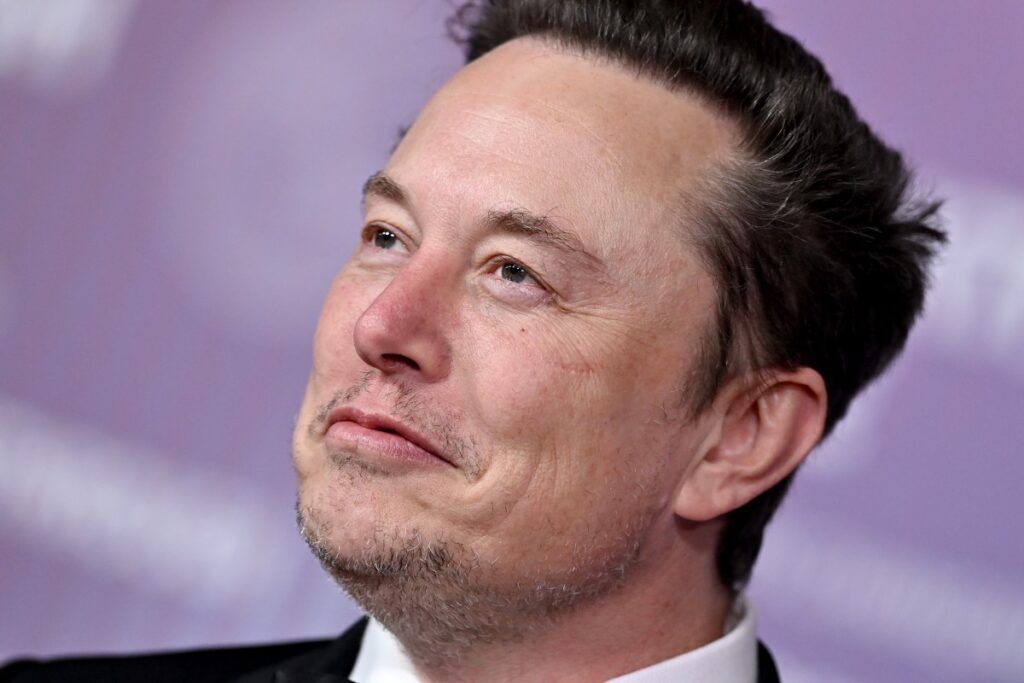In August, Elon Musk’s xAI promised to make Grok, the company’s flagship generative AI model powering a number of features on X, available via an API. Now, that API has arrived — albeit a bit bare-bones at the moment.
The xAI API only has a single model, “grok-beta,” priced at $5 per million input tokens (~750,000 words) or $15 per million output tokens. Tokens are subdivided bits of raw data, like the syllables “fan,” “tas,” and “tic” in the word “fantastic.”
It’s unclear which Grok model “grok-beta” might be; Grok 2 is the very latest on X. The documentation for the API refers to Grok 2 and Grok mini, a lightweight and more affordable version of Grok — so it could well be a technical issue.
Some users on X also reported encountering problems paying for usage credits.
The xAI API supports function calling, which connects Grok models to external tools such as databases and search engines. And, although they don’t appear to be live yet, the documentation hints at vision models capable of analyzing both text and images.
Musk formed xAI last year. Soon after, the company — which recently moved into OpenAI’s old offices — released its first Grok model on X to X Premium+ users, who pay $16 a month.
Grok has what Musk has described as “a rebellious streak” — a willingness to answer “spicy questions that are rejected by most other AI systems.” Told to be vulgar, for example, Grok will happily oblige, spewing profanities and colorful language you won’t hear from ChatGPT.
Grok has become increasingly ingrained in the X experience. Thanks to an integration with the open image generator Flux, Grok can generate images on X (without guardrails, controversially). It summarizes news and trending events (often with mistakes, mind you), and it may enhance X’s search capabilities, account bios, post analytics, and reply functions in the future.
xAI is sprinting to catch up to formidable competitors like OpenAI and Anthropic in the generative AI race. In May, xAI raised $6 billion in a funding round led by investors including Andreessen Horowitz, Sequoia Capital, and Fidelity.
Musk often asserts that X’s data gives xAI a substantial leg up compared to rivals. This month, X changed its privacy policy to allow third parties, including xAI, to train models on X posts.
As part of the pitch for xAI’s $6 billion funding round, the startup also outlined a vision where its models would be trained on data from Musk’s various companies, including Tesla, SpaceX, and The Boring Company, and its models could then improve technology across those companies.
Tesla shareholders, for one, weren’t on board with that plan. Several sued Musk over the decision to start xAI, arguing that Musk has diverted both talent and resources from Tesla to what is essentially a competing venture.
Musk said this summer that xAI is training the next generation of Grok models at its Memphis datacenter, which has been accused of worsening smog with unauthorized turbines. The company hopes to upgrade the datacenter next year, but will need approval from the Tennessee Valley Authority in order to do so.

